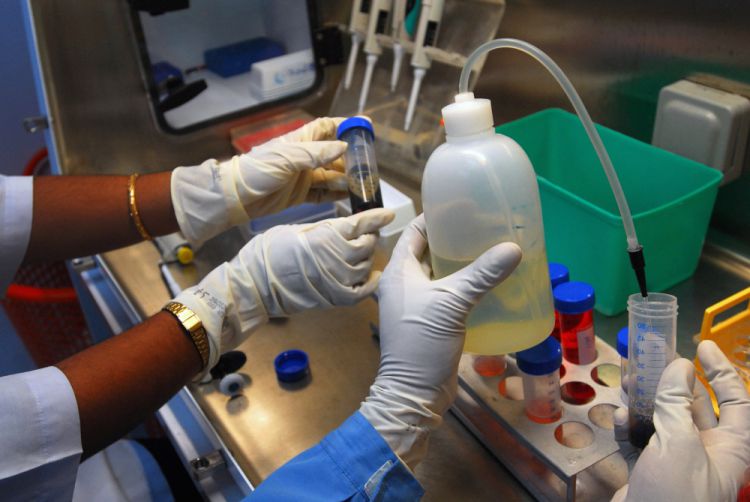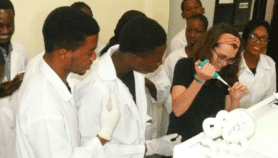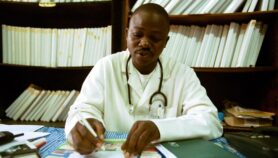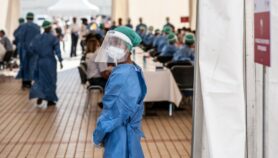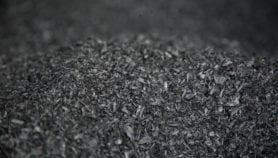By: Samuel Hinneh
Send to a friend
The details you provide on this page will not be used to send unsolicited email, and will not be sold to a 3rd party. See privacy policy.
[ACCRA] A five-year training programme is being rolled out in Sub-Saharan Africa to build capacity of chemists to analyse contaminants of food, water and medicines.
The project, which is a partnership involving the UK-based GlaxoSmithKline (GSK) and the Royal Society of Chemistry’s Pan Africa Chemistry Network (PACN), will train 400 scientists in modern analytical skills to help them use a common analytical technique called gas chromatography-mass spectrometry (GC-MS).
“Ultimately, we want to strengthen local training capabilities.”
Richard Porte, Royal Society of Chemistry
The technique helps separate complex mixtures into constituent parts, and is often used in environmental monitoring and drug development.
Richard Porte, head of strategic and commercial partnerships at the UK’s Royal Society of Chemistry, says the project will develop at least ten scientists as technical trainers across Ethiopia, Ghana, Kenya and Nigeria.
The project is valued at £700,000 (about US$1 million) is funded by the GSK.
As part of the project, 22 Ghanaian scientists participated in a training workshop at Ghana’s Kwame Nkrumah University of Science and Technology (KNUST) this month (6-10 June).
Godfred Darko, head of the Department of Chemistry, KNUST, says the project will enhance research conducted in Sub-Saharan Africa because many scientists lack the technical capacity to use the technique for analysing products.
Darko adds that the project will ensure that scientists are trained in data interpretation.
David Azanu, a participant at the workshop who works at the KNUST central laboratory, tells SciDev.Net that the training was practical, noting that he intends to organise a workshop for other scientists to help analyse food and water contaminants.
According to Porte, subsequent training workshops will take place at Addis Ababa University, Ethiopia in October, and the University of Lagos, Nigeria in November this year.
“Ultimately, we want to strengthen local training capabilities, [and] give the science community a sustainable base on which to develop the skills needed by companies, governments and institutions,” Porte tells SciDev.Net.
The project seeks to help scientists in Africa acquire the information, skills and professional connections required to tackle the challenges facing their societies, Porte explains.
“The skills … are also essential in environmental monitoring, food safety, quality assurance, and anti-counterfeiting,” Porte adds.
Genevieve Adukpo, a senior lecturer at the Department of Chemistry, University of Cape Coast, Ghana, says the project is very relevant to develop scientific skills of African researchers to perform chemistry research in Sub-Saharan Africa.
“GS-MS technique is beneficial in improving research in Africa in detection and measurement of contaminants, spoilage and adulteration of food, beverages, flavours and fragrances,” she adds, noting that the technique aids quick monitoring and tracking of organic pollutants in the environment.
This piece was produced by SciDev.Net’s Sub-Saharan Africa English desk.


